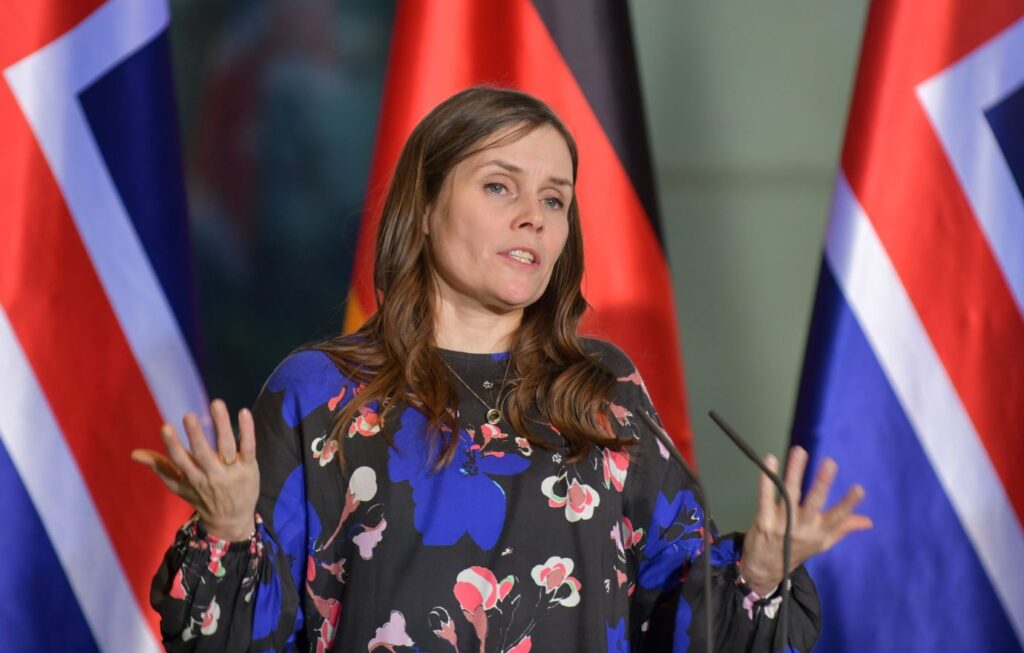Women in Iceland will participate in a ‘Women’s Day Off’ on Tuesday, striking over the nation’s gender pay gap and the prevalence of gender-based violence.
The full-day women’s strike will be the first of its kind in nearly 50 years, with Iceland’s Prime Minister Katrín Jakobsdóttir expected to participate. Organisations encourage women to stop all forms of work, whether paid or unpaid, in a workplace or the home.
Jakobsdóttir told a local Icelandic news site that she would also not work on Tuesday to show solidarity with women across the country. She said she would not call a cabinet meeting and would expect other women in her cabinet to strike as well.
“I am first and foremost in this to show solidarity with Icelandic women. As you know, we have not yet reached our goals of full gender equality and we are still tackling the gender-based wage gap, which is unacceptable in 2023. We are still tackling gender-based violence, which has been a priority for my government to tackle,” she told Iceland Monitor.
Iceland has been ranked first on the World Economic Forum’s gender gap index for 14 years in a row — according to the latest Global Gender Gap Report, it is the only country in the world to have closed more than 90 per cent of its “gender gap”. Regarding political representation, Iceland has been led by a female head of state for 25 of the last 50 years, while more than two-fifth of its ministerial and parliamentary positions are held by women.
However, despite being recognised as a global leader on some measures of gender equality, the strike organisers say that women across the country still face significant wage discrimination, and rates of gender-based violence are not coming down quickly enough. In some professions, the wage gap in Iceland reaches up to 21 per cent, while one quarter of women have reported experiences of rape and/or sexual violence.
The full-day women’s strike will see women and non-binary people from all walks of life take part to protest these existing gender disparities. It is expected to be the largest strike since 1975, when around 90 per cent of women in Iceland stopped work for an entire day to protest gender inequality. The strike will be the seventh Women’s Day Off strike to be held in the country’s history.
This year’s strike has been organised with the slogan “Kallarðu þetta jafnrétti?”, which translates in English to “You call this equality?”. Tens of thousands of women from across industries are expected to participate in locations across Iceland.


